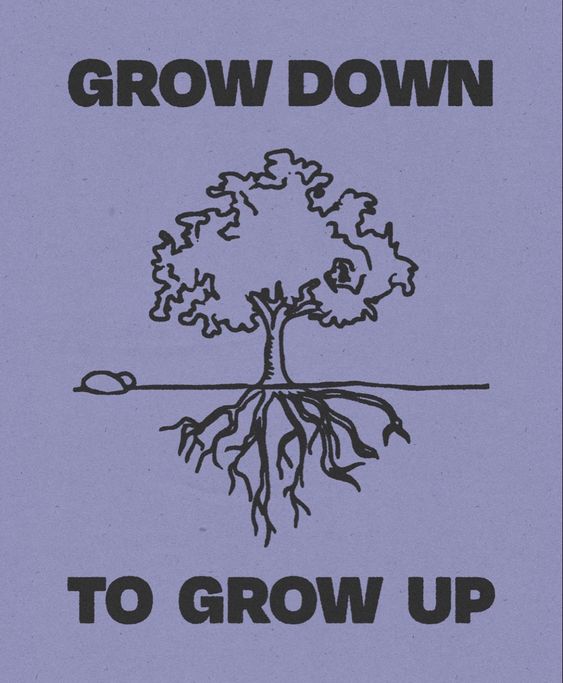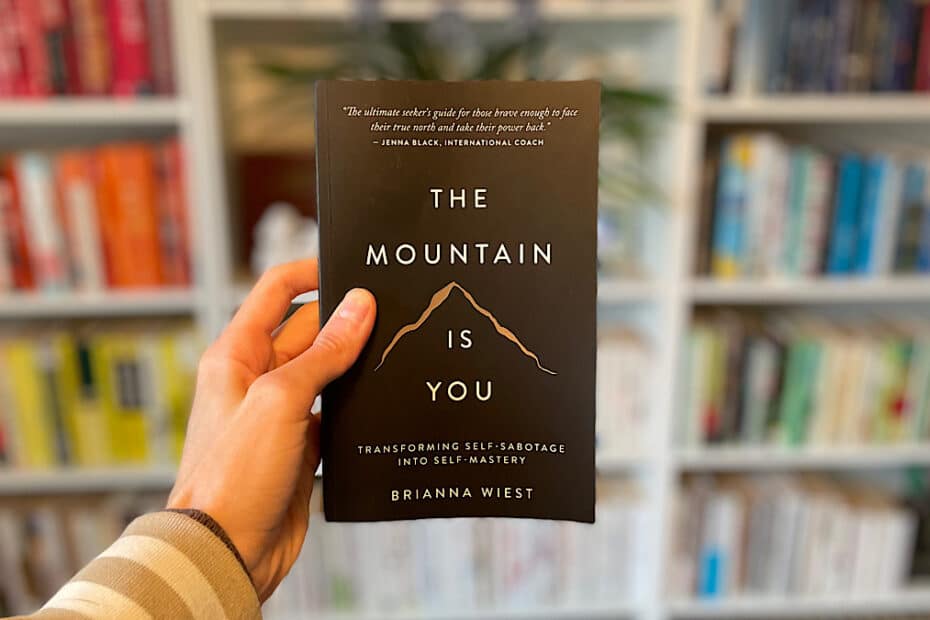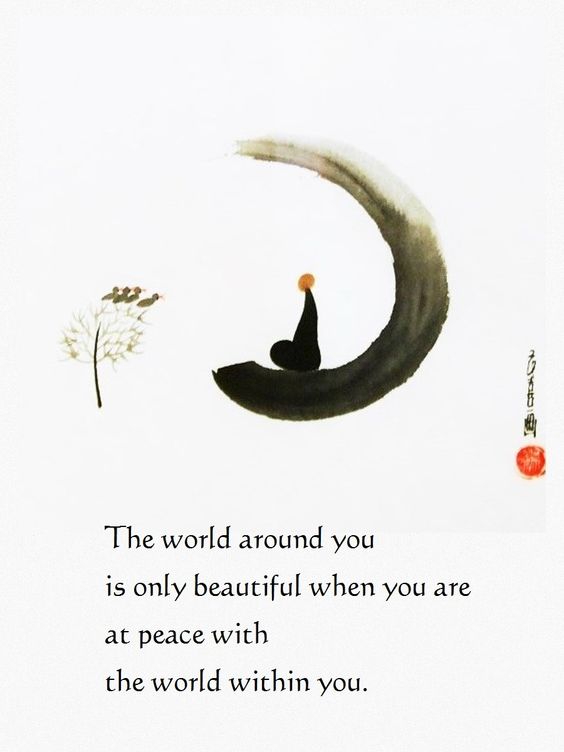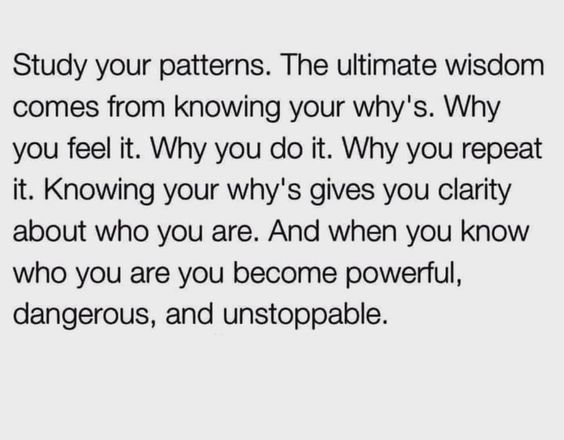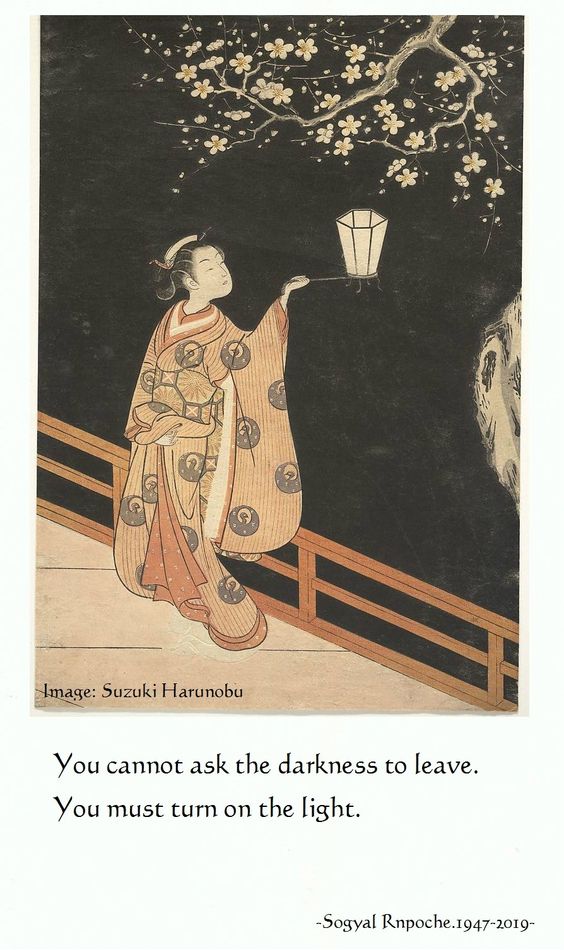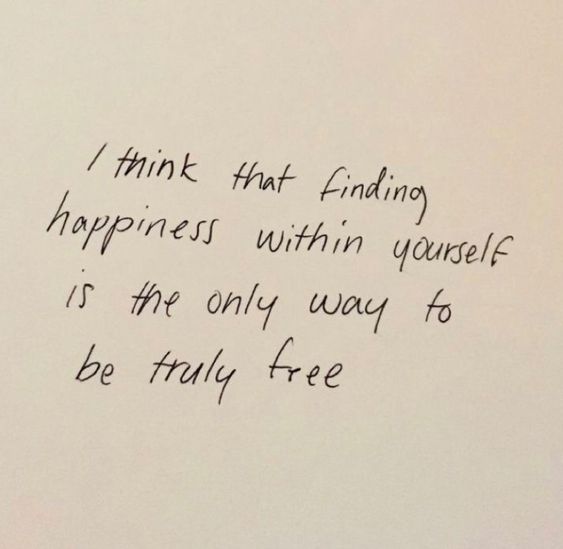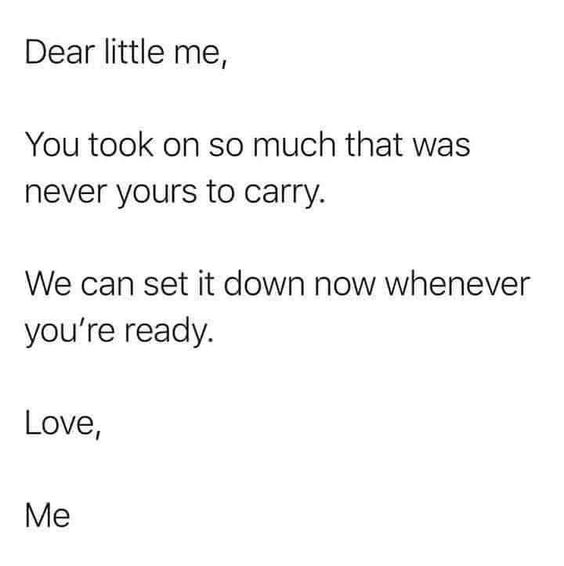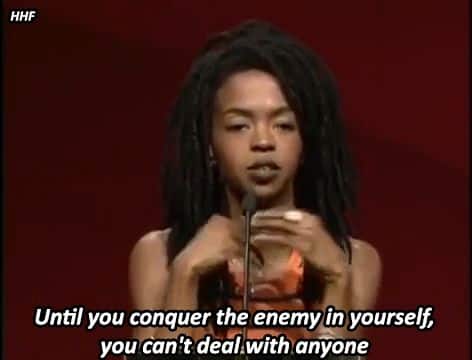48 Brianna Wiest Quotes from The Mountain Is You on Self-Sabotage and Healing
Excerpt: Why do we self-sabotage? How can we heal? Where do we start? These Brianna Wiest quotes from The Mountain Is You will help (tremendously).
Read More »48 Brianna Wiest Quotes from The Mountain Is You on Self-Sabotage and Healing
“Everyone has one. It’s the part of ourselves we won’t look at, acknowledge or risk disturbing. It’s the story or trauma or situation that must be avoided at all costs. People will choose careers, families and opportunities simply to avoid confronting the little tiny voice that is hiding inside. And marketers with low standards will brazenly manipulate us to extract money spent to protect the sore spot. It’s almost impossible to make it go away. But if we’re brave enough to acknowledge it exists, it’s possible to help it take up far less room.”
Seth Godin, Blog
“Part X is the judgmental part of you, the antisocial part of you. It’s an invisible… force that wants to keep you from changing or growing. It wants to block your evolution. It wants to block your potential. Part X is the voice of impossibility. Whatever it is you think you need to do, it’s gonna tell you that’s impossible.”
Phil Stutz, Stutz
“I have noticed that when all the lights are on, people tend to talk about what they are doing — their outer lives. Sitting round in candlelight or firelight, people start to talk about how they are feeling – their inner lives. They speak subjectively, they argue less, there are longer pauses. To sit alone without any electric light is curiously creative. I have my best ideas at dawn or at nightfall, but not if I switch on the lights — then I start thinking about projects, deadlines, demands, and the shadows and shapes of the house become objects, not suggestions, things that need to done, not a background to thought.”
Jeanette Winterson, The Guardian
“A tool is something that can change your state, your inner state, immediately, in real time. It takes an experience that’s normally unpleasant, then it turns it into an opportunity. Tools change your mood and then just give you a sense of hope that won’t be your mood forever.”
Phil Stutz, Stutz
“To do your inner work means to evaluate why something triggered you, why something is upsetting you, what your life is trying to show you, and the ways you could grow from these experiences. Truly powerful people absorb what has happened to them and sort of metabolize it. They use it as an opportunity to learn, to develop themselves. This type of inner mental and emotional work is non-negotiable if you want to be truly powerful.”
Brianna Wiest, The Mountain Is You (Page 187)
“Fear is not going to protect you. Action is. Worrying is not going to protect you. Preparing is. Overthinking is not going to protect you. Understanding is. When we hold onto fear and pain after something traumatic has passed, we do it as a sort of safety net. We falsely believe that if we constantly remind ourselves of all the terrible things that we didn’t see coming, we can avoid them. Not only does this not work, but it also makes you less efficient at responding to them if they do.”
Brianna Wiest, The Mountain Is You (Page 168)
“Your emotional backlog is like your email inbox. When you experience emotions, it’s as though you’re getting little messages from your body stacking up one at a time. If you don’t ever open them, you end up with 1,000+ notifications deep, totally overlooking crucial information and important insights that you need to move your life forward.”
Brianna Wiest, The Mountain Is You (Page 158)
“We often resist most deeply the things that we want most.”
Brianna Wiest, The Mountain Is You (Page 118)
“If you want to master your life, you have to learn to organize your feelings. By becoming aware of them, you can trace them back to the thought process that prompted them, and from there you can decide whether or not the idea is an actual threat or concern, or a fabrication of your reptilian mind just trying to keep you alive.”
Brianna Wiest, The Mountain Is You (Page 95)
“The more busy you are with the improvement of your inner life, the more active you become in social life, helping other people.”
Leo Tolstoy, A Calendar of Wisdom (Page 339)
“Without cleanliness, we create fewer opportunities for ourselves. Nothing positive, nor beautiful, flows from chaos. Deep down, we know this. Often, when we are self-sabotaging through disorganization, it is because when we are very clean or organized, we get an uneasy feeling. That uneasy feeling is what we are trying to avoid, because it is the recognition that now that everything is in order, we must get to work on doing what we need to do or who we want to become.”
Brianna Wiest, The Mountain Is You (Page 41)
“On the surface, self-sabotage seems masochistic. It appears to be a product of self-hatred, low confidence, or a lack of willpower. In reality, self-sabotage is simply the presence of an unconscious need that is being fulfilled by the self-sabotaging behavior. To overcome this, we must go through a process of deep psychological excavation. We must pinpoint the traumatic event, release unprocessed emotions, find healthier ways to meet our needs, reinvent our self-image, and develop principles such as emotional intelligence and resilience.”
Brianna Wiest, The Mountain Is You (Page 11)
